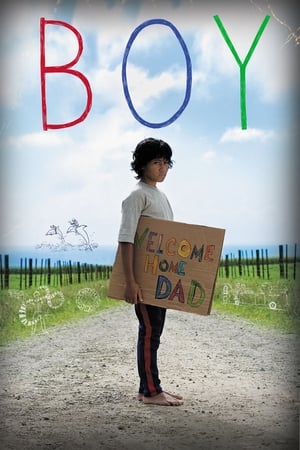
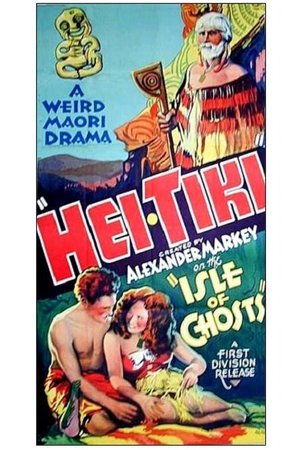
Hei Tiki(1935)
A Weird Maori Drama
Hei Tiki, also known as Primitive Passions and Hei Tiki: A Saga of the Maoris, is a 1935 American mock-documentary film made in New Zealand by the eccentric Alexander Markey and released (with sound added) in America. The film gained notoriety in America for having scenes of nudity cut in various states. It is one of four films (with The Devil's Pit, Down on the Farm, and On the Friendly Road) which claim to be the first "New Zealand talkie", although the claim is dubious in this case as the sound was added in America.
Movie: Hei Tiki

Hei Tiki
HomePage
Overview
Hei Tiki, also known as Primitive Passions and Hei Tiki: A Saga of the Maoris, is a 1935 American mock-documentary film made in New Zealand by the eccentric Alexander Markey and released (with sound added) in America. The film gained notoriety in America for having scenes of nudity cut in various states. It is one of four films (with The Devil's Pit, Down on the Farm, and On the Friendly Road) which claim to be the first "New Zealand talkie", although the claim is dubious in this case as the sound was added in America.
Release Date
1935-02-02
Average
0
Rating:
0.0 startsTagline
A Weird Maori Drama
Genres
Languages:
EnglishKeywords
Similar Movies
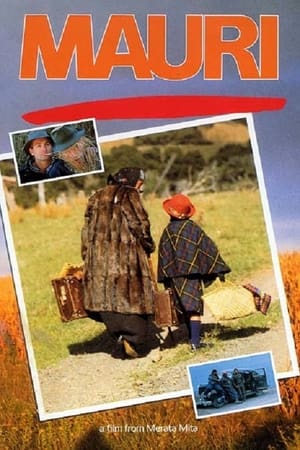 6.5
6.5Mauri(en)
Rewi Rapana returns to the small country town of Te Mata after his family has left the district. His arrival rekindles old tensions as well as renewing family ties. He is seeking an identity and a permanent place to call home yet desperately hiding a secret from his past. Oddly enough there is one person with whom he finds peace of mind. She is an old woman known as Kara. A special relationship develops between Rewi, Kara and Kara’s great granddaughter Awatea.
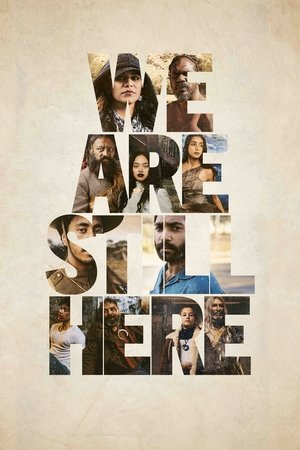 4.3
4.3We Are Still Here(mi)
In a sweeping tale that spans 1000 years and multiple generations – from the distant past to the 19th century, the present day and a strange, dystopian future – this landmark collection traces the collective histories of Indigenous peoples across Australia, New Zealand and the South Pacific. Diverse in perspective, content and form, traversing the terrain of grief, love and dispossession, they each bear witness to these cultures’ ongoing struggles against patriarchy, colonialism and racism.
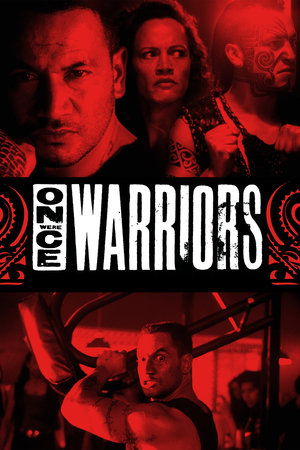 7.4
7.4Once Were Warriors(en)
A drama about a Maori family living in Auckland, New Zealand. Lee Tamahori tells the story of Beth Heke’s strong will to keep her family together during times of unemployment and abuse from her violent and alcoholic husband.
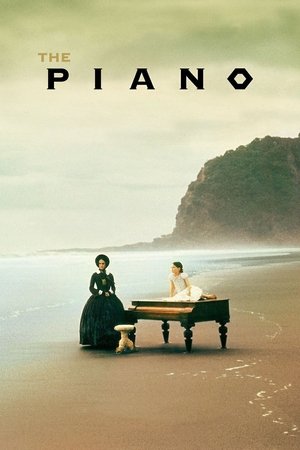 7.4
7.4The Piano(en)
When an arranged marriage brings Ada and her spirited daughter to the wilderness of nineteenth-century New Zealand, she finds herself locked in a battle of wills with both her controlling husband and a rugged frontiersman to whom she develops a forbidden attraction.
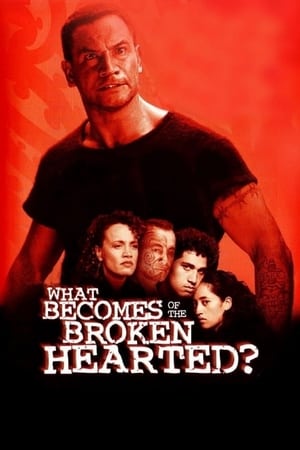 6.6
6.6What Becomes of the Broken Hearted?(en)
Five years have passed and Jake has turned his back on his family. He's still up to his usual tricks in McClutchy's Bar, unaware, as he downs his latest opponent, that his eldest son, Nig, has died in a gang fight. The uncomfortable family reunion at Nig's funeral sparks a confrontation with second son, Sonny, and sets Jake and Sonny on a downward spiral.
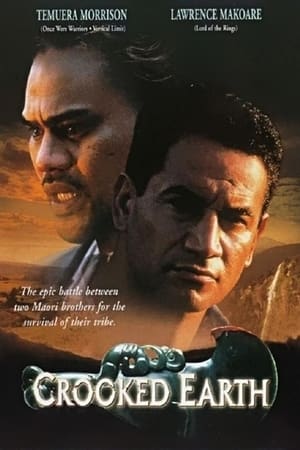 6.2
6.2Crooked Earth(en)
Will Bastion returns home from the army after an absence of 20 years to bury his father, the former chief of thee Maori tribe, Ngati Kaipuku. The eldest son, he is reluctant to inherit his fathers role, so it is taken more willingly by his younger brother, Kahu. Kahu is the leader of a band of drug dealers and trouble-makers who ride horses through the middle of town, wrecking peoples gardens. Under the guise of refusal of a land settlement, Kahu makes a large marijuana deal with some murdering city folk. Will must choose between loyalty for his brother and his father, Maori tradition, and contemporary financial issues.
Sylvia(en)
New Zealand chronicle of the life of noted writer and teacher, Sylvia Ashton-Warner. An interesting look at the unusual teaching methods she used while working with the children from the indigenous Maon.
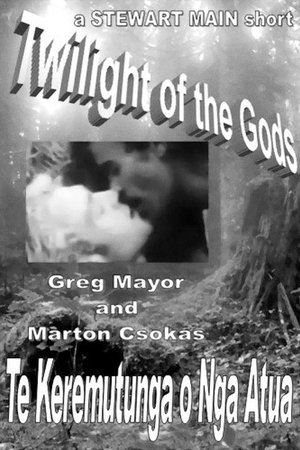 5.7
5.7Twilight of the Gods(en)
A Maori warrior comes upon the aftermath of a battle to find that the only survivor is a wounded enemy soldier. His wishes to avenge his fallen countrymen by finishing off this helpless enemy but the gods won't allow it (as conveyed to him through a spirit bird). Anguished that he must instead treat the soldier's wounds, he's further repelled by the soldier's incessant homosexual advances. Slowly and surprisingly, a change comes over the warrior to accept the soldier's advances, but the war all too soon intrudes upon them.
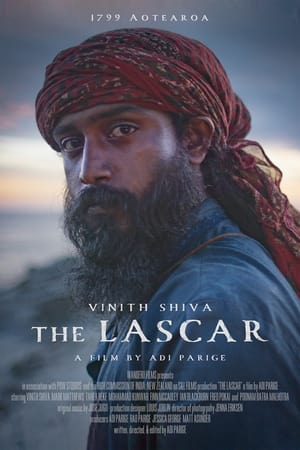 0.0
0.0The Lascar(en)
At the end of the 18th century, hundreds of Indian sailors, known as lascars, worked amongst European settlers in Aotearoa New Zealand - often under the gruesome working conditions of seal hunting gangs. The story follows a lascar, Dasa, who has been abandoned on the coast of Aotearoa NZ by the East India Company, alongside his sealing gang. When Dasa finds himself in the middle of a conflict between his abusive British superior and two Māori traders, he is faced with a choice: bend the knee or take a stand.
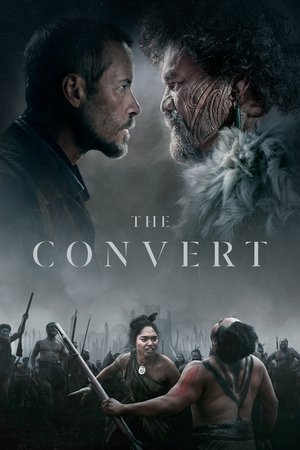 6.1
6.1The Convert(en)
Munro, a soldier turned lay preacher, comes to New Zealand to minister to the first British colonists, but he is converted by the powerful chief Maianui to serve a different purpose.
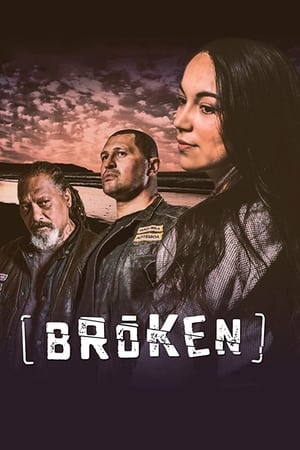 6.2
6.2Broken(en)
Logan, an ex-gang leader, has left the gang life to raise his daughter Tori. But when Tori is murdered by an opposing gang in town, Logan must choose forgiveness or revenge.
 6.1
6.1Green Dolphin Street(en)
Sophie loved Edmund, but he left town when her parents forced her to marry wealthy Octavius. Years later, Edmund returns with his son, William. Sophie's daughter, Marguerite, and William fall in love. Marguerite's sister, Marianne, also loves William. Timothy, a lowly carpenter, secretly loves Marianne. He kills a man in a fight, and Edmund helps him flee to New Zealand. William deserts inadvertently from the navy, and also flees in disgrace to New Zealand, where he and Timothy start a profitable business. One night, drunk, William writes Octavius, demanding his daughter's hand; but, being drunk, he asks for the wrong sister.
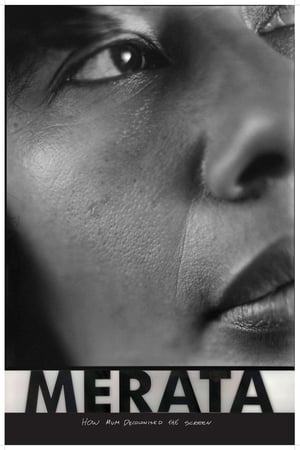 6.7
6.7Merata: How Mum Decolonised the Screen(en)
This film is an intimate portrayal of pioneering filmmaker Merata Mita told through the eyes of her children. Using hours of archive footage, some never before seen, her youngest child and director Hepi Mita discovers the filmmaker he never knew and shares the mother he lost, with the world.
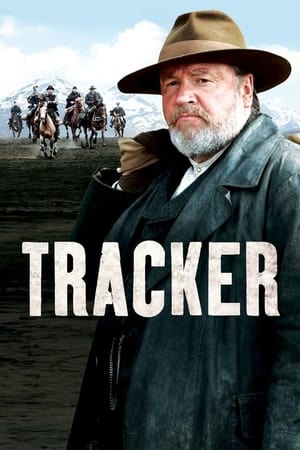 6.5
6.5Tracker(en)
An ex-Boer war guerrilla in New Zealand is sent out to bring back a Maori accused of killing a British soldier. Gradually they grow to know and respect one another but a posse, led by the British Commanding officer is close behind and his sole intention is to see the Maori hang. Written by Filmfinders 1903. A guerilla fighter from the South African Boer war called Arjan (Winstone) takes on a manhunt for Maori seaman Kereama (Morrison), who is accused of murdering a British soldier. What follows is a cat and mouse pursuit through the varied landscape of NZ with both hunter and huntee testing their bushcraft and wits against that of the other. Written by Anonymous
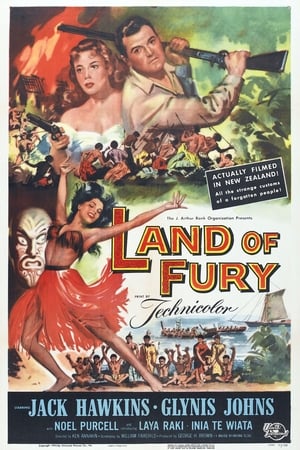 5.7
5.7The Seekers(en)
A western set in New Zealand during the 1820s following a group of British pioneers seeking a new life Down Under.
Te Rua(en)
A hundred years after the theft from New Zealand of three irreplaceable tribal carvings, two Maori, Rewi and Peter, decide it's time for ancient grievances to be put right. Both men are in Berlin where the carvings are stored in a museum. Plans go awry when a group that Peter has assembled breaks into the museum. Rewi persuades the others to let him put his own, more daring plan into action. Tensions build and international media interest broadens when a sniper's bullet hits Peter.
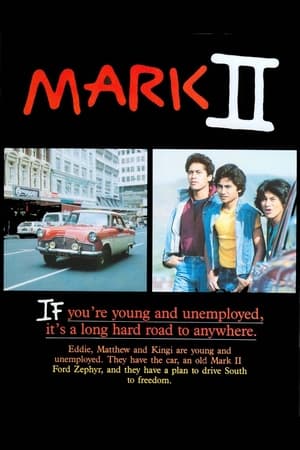 6.5
6.5Mark II(en)
Three Maori youths, bored with Auckland, head south in a restored Mark II Zephyr in search of something different. One of them is on the run from drug dealers, whom he had crossed. Various mini-adventures occurs as they make their way down the North Island, but it all comes to a head while visiting a cousin. Finally, they, the drug dealers and the police all come together, with the expected fights and arrests.

